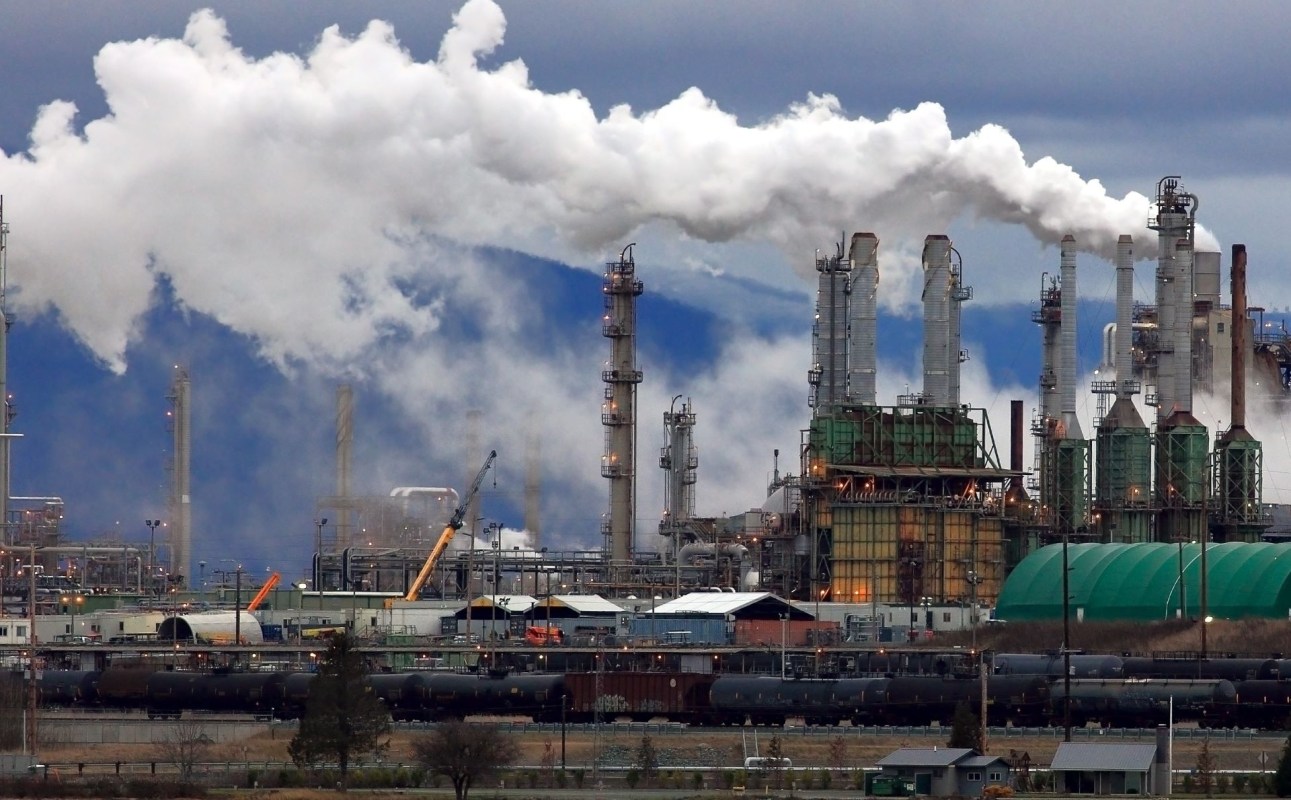Oil and gas production creates pollution that leads to approximately $77 billion in negative health impacts across the U.S. each year, along with thousands of premature deaths, according to a study published in the journal Environmental Research: Health.
What's happening?
The study found that in 2016, U.S. oil and gas production caused 410,000 asthma exacerbations, 7,500 excess deaths, and 2,200 new cases of childhood asthma, along with a price tag of $77 billion in total health impacts.
The states with the highest levels of health damage also happen to be among those that produce the most oil and gas.
Interestingly enough, the health effects mentioned were not limited to areas where oil and gas are produced, meaning the premature deaths, asthma attacks, and childhood asthma cases caused by these dirty energy sources also spread to areas far from production sites.
"Air pollution doesn't respect state boundaries," said Ananya Roy, a senior health scientist and co-author of the study.
Why is continued oil and gas production so concerning?
On a global scale, pollution from dirty energy sources — much of which comes from oil and gas used for transportation, heating, cooking, and producing electricity in residential, commercial, and industrial settings — causes one in five premature deaths.
Aside from the devastating impact on human health, the long-term environmental effects are even farther-reaching. The use of dirty energy sources greatly contributes to the overheating of our planet, which has already led to an increase in record-breaking heatwaves, droughts, and food shortages throughout the globe.
Much of this heating is driven by oil and gas production and consumption, and if this continues, not only can we expect more severe extreme weather events and rising sea levels, but we can also expect food shortages.
What's being done about it?
For years, the world's largest oil and gas companies have spent millions convincing international leaders and decision-makers to ignore how badly these industries are hurting us. Fortunately, in recent years, governments and citizens around the world have been taking action.
Just this month, the Biden administration unveiled a plan to curb harmful gas pollution from the U.S. power industry. The plan is expected to reduce pollution from coal plants and new gas plants by 617 million tons between 2028 and 2042.
The administration is also aiming to make sure 50% of new U.S. vehicles are electric by 2030, recently proposing requirements to make sure at least two of every three new vehicles sold in the U.S. are all-electric. This is great news since electric vehicles have been proven to significantly limit air pollution and planet-overheating gas.
Join our free newsletter for cool news and cool tips that make it easy to help yourself while helping the planet.








